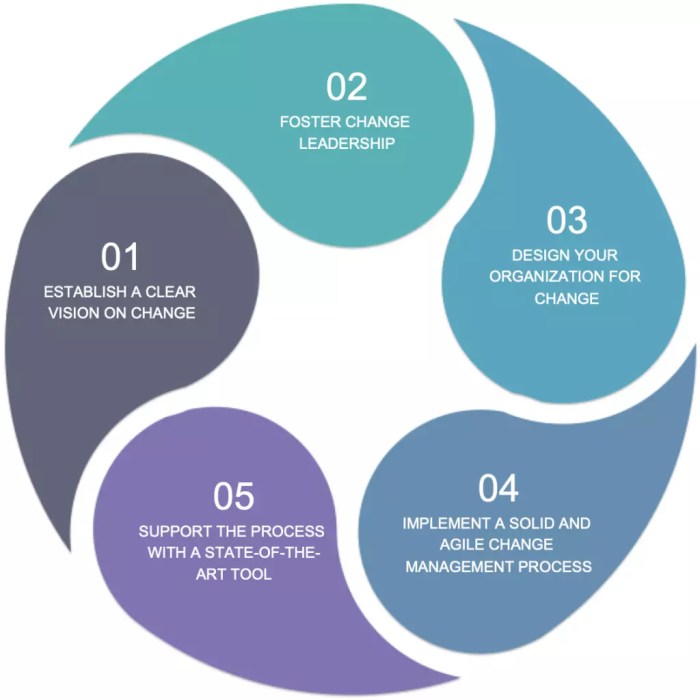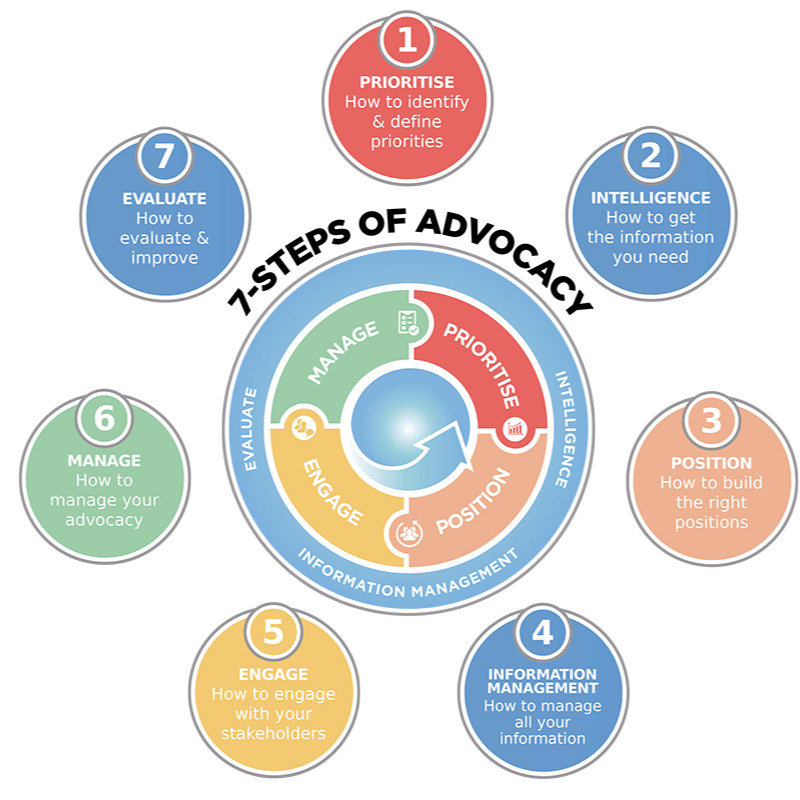Assignment 5 change management and patient advocacy – Assignment 5: Change Management and Patient Advocacy delves into the critical intersection of these two essential healthcare disciplines. This exploration unveils the significance of change management in healthcare transformation, emphasizing the pivotal role of patient advocacy in fostering patient-centered care.
As we delve into this topic, we will uncover the fundamental concepts, models, and strategies that underpin successful change management initiatives and the invaluable contributions of patient advocates in shaping healthcare delivery.
Through real-world examples and case studies, we will gain insights into how change management and patient advocacy synergistically enhance healthcare outcomes. This understanding will equip us to navigate the complexities of healthcare transformation, ensuring that patient voices are heard and their needs are met in the pursuit of delivering high-quality, compassionate care.
Introduction: Assignment 5 Change Management And Patient Advocacy

Change management and patient advocacy are essential components of modern healthcare systems. Change management provides a framework for managing and implementing changes to healthcare organizations, while patient advocacy ensures that the needs of patients are prioritized throughout the change process.
This article explores the interrelationship between change management and patient advocacy, highlighting their importance and providing examples of their successful integration in healthcare settings.
Change Management in Healthcare

Change management in healthcare involves the systematic planning, implementation, and evaluation of changes to healthcare organizations. Effective change management ensures that changes are implemented smoothly and successfully, minimizing disruption and maximizing benefits. There are various change management models used in healthcare, including:
- Lewin’s Three-Step Model
- Kotter’s Eight-Step Process
- ADKAR Model
The steps involved in implementing a successful change management initiative typically include:
- Identifying the need for change
- Developing a change plan
- Communicating the change to stakeholders
- Implementing the change
- Evaluating the change
Examples of successful change management initiatives in healthcare include:
- The implementation of electronic health records
- The adoption of value-based care models
- The integration of patient-centered care
Patient Advocacy in Healthcare
Patient advocacy involves representing and protecting the rights and interests of patients in healthcare settings. Patient advocates play a crucial role in ensuring that patients receive high-quality, patient-centered care. Their responsibilities include:
- Providing information and education to patients
- Assisting patients in navigating the healthcare system
- Advocating for patients’ rights and preferences
- Monitoring the quality of care provided
Examples of effective patient advocacy initiatives include:
- The establishment of patient advisory councils
- The development of patient-centered care models
- The implementation of patient satisfaction surveys
The Interrelationship between Change Management and Patient Advocacy

Change management and patient advocacy are interconnected and complementary processes. Patient advocacy can inform change management initiatives by ensuring that the needs and perspectives of patients are considered throughout the change process. Conversely, change management can support patient advocacy efforts by providing a structured framework for implementing and evaluating changes that improve patient care.
Integrating patient advocacy into change management initiatives has several benefits, including:
- Increased patient satisfaction
- Improved patient outcomes
- Reduced healthcare costs
Examples of how patient advocacy has influenced change management in healthcare include:
- The development of patient-centered care models
- The implementation of patient satisfaction surveys
- The establishment of patient advisory councils
Expert Answers
What is the significance of change management in healthcare?
Change management is crucial in healthcare as it provides a structured approach to implementing and managing changes, ensuring minimal disruption and maximizing the benefits for patients, staff, and the organization as a whole.
How does patient advocacy contribute to patient-centered care?
Patient advocates play a vital role in ensuring that patient voices are heard and their needs are met throughout the healthcare journey. They empower patients to make informed decisions, navigate complex healthcare systems, and advocate for their rights.
Can you provide an example of a successful change management initiative in healthcare?
One notable example is the implementation of electronic health records (EHRs) in hospitals. By adopting a comprehensive change management strategy, healthcare organizations have successfully transitioned to EHRs, improving patient safety, reducing medical errors, and enhancing communication among healthcare providers.